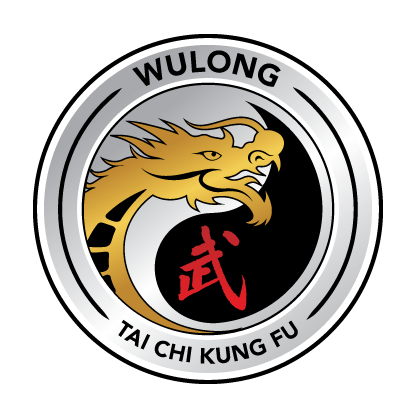Research published in the Integrative Medicine Report has confirmed that qigong is a self-care practice that may benefit people with Multiple Sclerosis (MS). Self-reported benefits centered around improved flexibility, endurance, energy, and focus; stress relief; and psychological/psychosocial benefits.
MS is an autoimmune disorder of the central nervous system affecting more than 33,300 Australians, with 1-2 Australians diagnosed with MS every day.
MS can lead to a variety of motor and nonmotor symptoms including muscle weakness, pain, numbness, and spasticity, as well as cognitive impairment, fatigue, anxiety, and depression. Although disease-modifying therapies can help slow disease progression, symptom management often involves a combination of behavior and lifestyle changes, environmental and physical modifications, rehabilitation, and medical interventions.
Qigong is an ancient Chinese movement art, similar to modern medical versions of taichi, developed to promote self-healing and longevity through mindful movement, breathwork, visualization, and meditation. Evidence suggests qigong can improve physical strength, flexibility, balance, neurointegration, emotional regulation, self-efficacy, and proprioceptive and interoceptive awareness. Clinical trials of other neurologic disorders, such as Parkinson's disease and fibromyalgia, suggest that qigong can improve both motor and nonmotor symptoms,
Benefits reported from qigong class and home practice for people with MS included improvements in physical function centered around increased flexibility and endurance. Other benefits reported were improved energy after class, improved mood and focus, stress reduction, learning new information, and having dedicated time for self-care.
https://www.liebertpub.com/doi/10.1089/imr.2022.0079
If you are looking for a taichi/qigong program try a Wulong class today. Click here to see all our class locations and timings.


